Another setback for Bangladeshi exporters
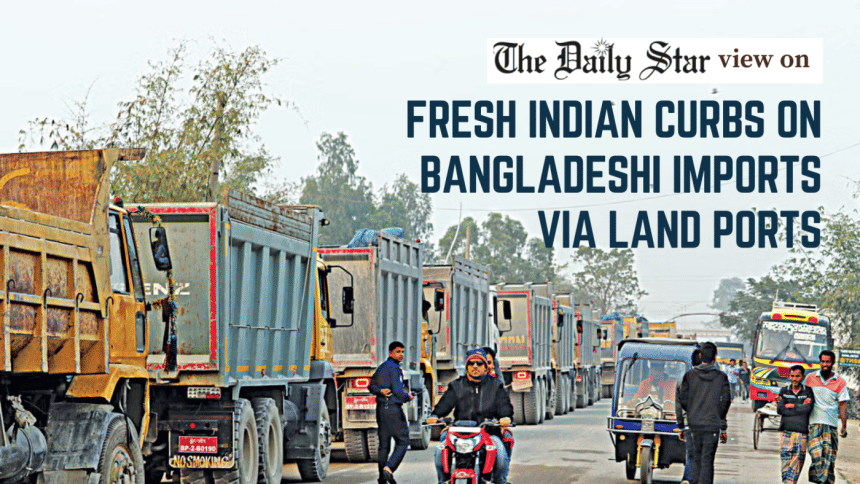
We are disappointed by India's latest move to restrict the import of a number of Bangladeshi goods—ranging from garments and agro-processed foods to fruits, furniture, and plastics—through land ports. According to a notification issued by India's Directorate General of Foreign Trade (DGFT) on Saturday, garments, the single largest Bangladeshi export to India, will only be allowed entry through two sea ports. This marks India's second trade restriction in just over a month, following its April 8 revocation of transshipment facilities for Bangladesh's export cargo to third countries via Indian ports and airports.
We must say the pattern that emerges from these moves is quite disturbing not only for the disruptions it will cause to our exports, but also for what it signals about the current state of bilateral cooperation and communication. There was, according to a report, no formal communication from Delhi in advance. Sources at the Bangladesh High Commission have said they learned of the move only after it had taken effect. There was no prior notice in case of the April 8 restriction either.
For decisions that affect billions of dollars in trade and the livelihoods of exporters and importers on both sides, such a lack of engagement and transparency is unbefitting of neighbours with interlinked economies. Bangladeshi exporters have already started to feel the brunt of the latest restrictions, with hundreds of trucks carrying India-bound goods either stuck or forced to leave without offloading at several land ports yesterday. These trucks were halted due to the new import curbs.
Of course, among the sectors to be affected most is garments, with Bangladesh's apparel exports to India valued at about $700 million annually. Around 93 percent of these exports are routed through land ports. Rerouting them now through sea ports may significantly increase costs, delay deliveries, and hurt the competitiveness of exporters. Delhi may view this as a reciprocal measure, as hinted by a section of Indian media, considering Bangladesh's move last month to block yarn imports via land ports (shortly after India suspended transshipment facilities).
But we must remember that our imports from India are nearly ten times the value of our exports, indicating a significant trade deficit with India. Given the imbalance, any additional restriction on our limited exports only deepens the inequity in trade relations. Moreover, such restrictions, if truly necessary, should be introduced with proper dialogue, clear intent, and phased implementation.
We, therefore, urge the Indian authorities to withdraw these unilateral and reactive measures and engage in constructive dialogue with Bangladesh to resolve any outstanding trade issues. Both countries stand to lose if mutual trust and cooperation in bilateral trade are eroded.

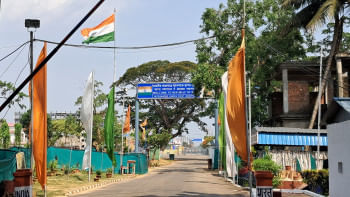
 For all latest news, follow The Daily Star's Google News channel.
For all latest news, follow The Daily Star's Google News channel. 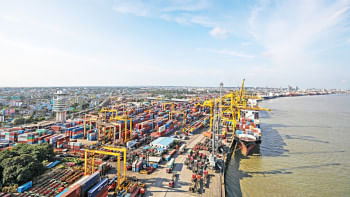
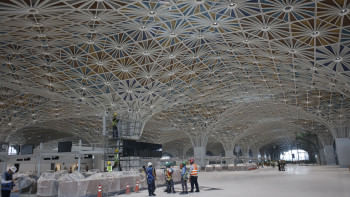
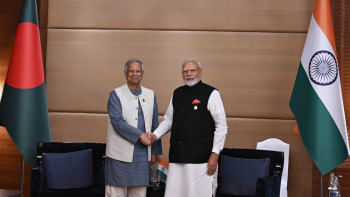










Comments